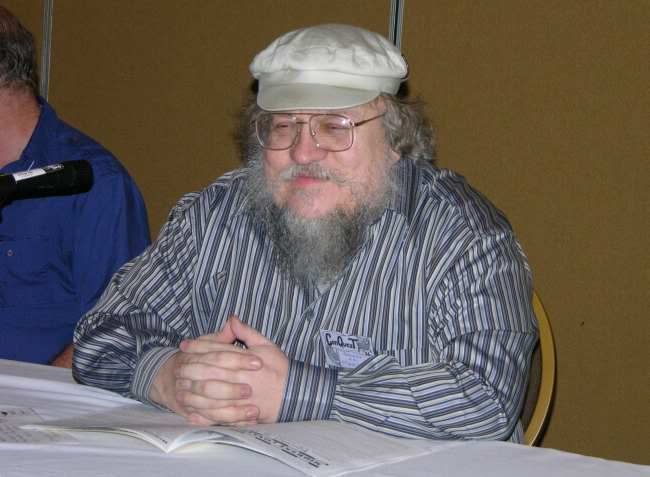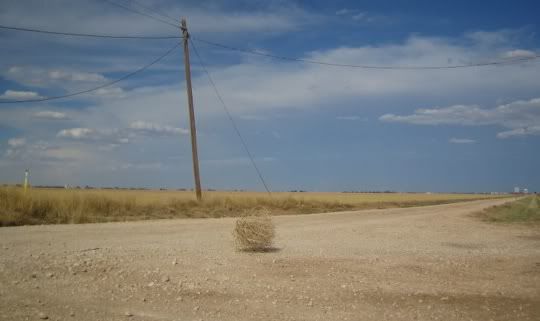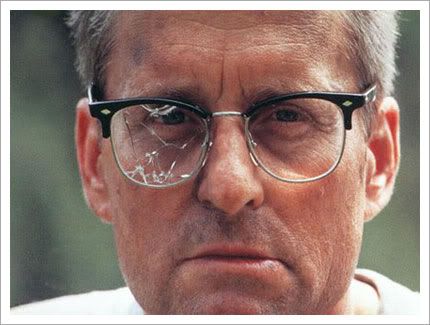
He’s smiling because he just killed someone you love.
Writers are essential to modern entertainment. Without them there are no movies, no TV shows, no plays and no novels. Just about anybody can tell you who their favorite writer is and why. Look up those writers and they can tell you what inspires them, how they got started and what’s coming next. Some writers will even lay some ground rules for good writing, from creating good characters to avoiding contrivance in plotlines.
What people don’t tell you about being a writer is that it means bucking the system.
I should clarify my meaning. To write fiction is to buck the system. A lot of writers who struggle their way to success – and it is a struggle, don’t let anyone tell you different – are not what many in the common populace associate with ‘successful’ in their minds. They tend to think of CEOs in suits that cost more than some cars, movie stars with legendary good looks and politicians who decide the course our world takes.
Large men that look like Santa Claus’ evil twin brother? Housewives from Arizona? Unemployed British ladies?
Naaaah.
Writers are iconoclasts. They’re troublemakers. They stir things up because they ignite people’s imaginations. They encourage their audience to think, to interact, to take joy out of something that can become more than a mere distraction. Even the people who rise up in arms against a work or a franchise are engaged in an activity that excites them even if that excitement takes the form of indignant fury.
This is a good thing.
The CEO worries about the bottom line. The movie star worries about paparazzi. The world leaders worry about any one of the Four Horsemen riding up to his or her door.
The writer of fiction should worry about doing something new that wakes somebody up from their miasma of daily living.
Something worth noting about the writerly minds behind many of the thriving stories in our Kindles, TV screens, bookstores and theaters is that all of them are causing trouble in one form or another. They’re setting their work apart. They’re trying something new. They may not get it right and they might even piss some people off, but they’re making the attempt. And even if they don’t realize it, the people they’re making angry are engaging them in the creative process. There’s a lot of energy to be had in the debates, arguments, praise, criticism and fanatical gushing that comes in the wake of a new work that has the chops to make it through the slaughterhouse of rejection that stands between the new writer and the public eye. And the people that are talented, dedicated and lucky enough to make it through got there by not giving up on what they waned. They pushed back against the pressures of modern life. They crammed their passion into whatever cracks they could find. They made messes. They broke shit.
And in the end it paid off.
I want to be one of those troublemakers. Looking at the people who’ve made it, and how they’ve done it and what they’ve done it with, how could I not?






